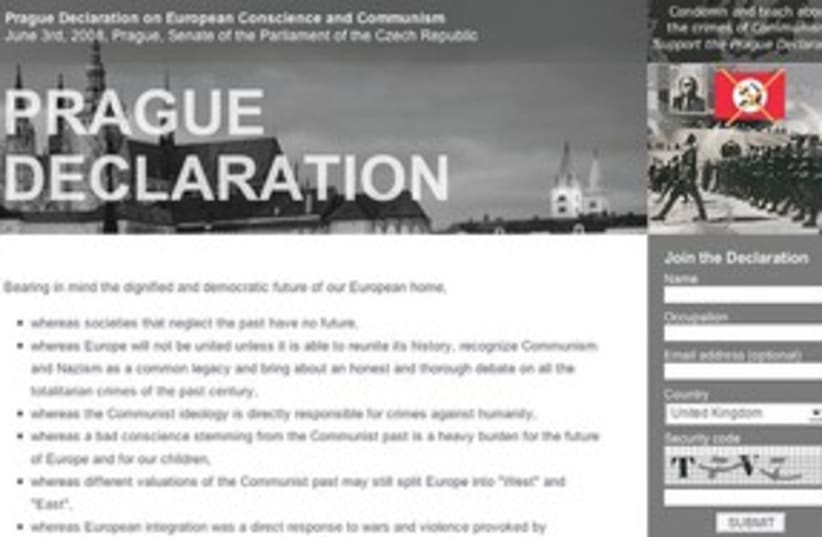His most recent book is Operation Last Chance: One Man’s Quest to Bring Nazi Criminals to Justice.
Right of Reply: A threat to Holocaust memory
I welcome the opportunity to explain the significant dangers posed by the steps called for by the signees of the Prague Declaration.

His most recent book is Operation Last Chance: One Man’s Quest to Bring Nazi Criminals to Justice.